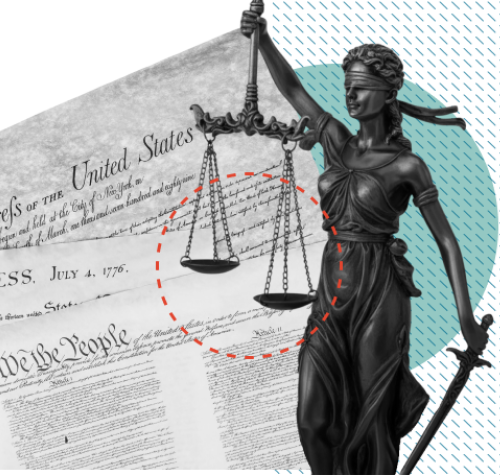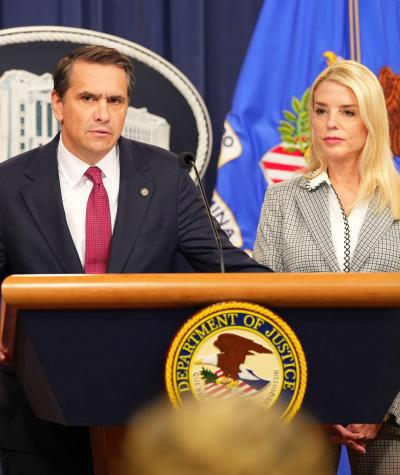EUGENE, Ore. — On January 26, 2026, a federal judge dismissed the U.S. Department of Justice’s (DOJ) lawsuit seeking Oregon’s complete voter rolls, which contain Oregon voters’ private information. States, not the federal government, administer elections, including ensuring their voter rolls are up to date. Campaign Legal Center, alongside the Brennan Center for Justice at NYU School of Law and the ACLU, submitted an amicus brief in November 2025 on behalf of the League of Women Voters of Oregon and the ACLU of Oregon arguing that the DOJ’s actions undermine the freedom to vote and voter privacy.
“This is a clear victory for Oregon voters and for the principle that our personal information should not be treated as a federal free-for-all,” said Mark Kendall, president of the League of Women Voters of Oregon. “The court’s decision affirms Oregon’s strong privacy protections and sends an important message: Safeguarding voters’ private data is essential to maintaining trust in our democratic system. The League is proud to stand with Oregonians in defending these rights.”
“This ruling reinforces a fundamental principle for voters everywhere: Our democracy depends on protecting people’s personal information from unnecessary government intrusion,” said Caren Short, director of Legal and Research for the League of Women Voters. “By rejecting this attempt to compel states to hand over sensitive voter data, the court affirmed that voter privacy is not optional and cannot be overridden by federal overreach. The League is involved in several similar cases around the country and will continue to fight to protect voters, their data and our democracy.”
"Protecting the freedom to vote also means protecting voters from unnecessary government intrusion into their private lives,” said Theresa J. Lee, senior staff attorney with the ACLU Voting Rights Project. “Voters participate when they feel safe, respected and protected, and this decision affirms that voter privacy is not negotiable. While the DOJ continues to attack voter privacy, we'll be defending it at every turn."
“This decision is a win for the rule of law, our constitutional structure and, most importantly, Oregonians,” said Brent Ferguson, director of strategic litigation at Campaign Legal Center. “The DOJ should be working to enforce hard-fought voter protections, not trying to abuse its power to force states to hand over the sensitive and personal information of their voters. Recent actions by the DOJ endanger Americans’ freedom to vote and trample on election processes entrusted to the states. This victory affirms the power of Oregon and other states across the country to regulate and administer their own elections without improper overreach by the executive branch.”
“The dismissal of the Justice Department’s case is a victory for Oregon voters’ privacy and for free and fair elections,” said Eileen O’Connor, former attorney in the Civil Rights Division of the Justice Department and Brennan Center senior counsel. “States administer their elections, not the federal government.”
Our democracy is strongest when every eligible voter can meaningfully exercise their freedom to vote, and Campaign Legal Center, the League of Women Voters of Oregon, ACLU of Oregon, and the Brennan Center for Justice at NYU School of Law are working together to protect that freedom.
###
The nonpartisan Campaign Legal Center advances democracy through law. We safeguard the freedom to vote, defend voters’ right to know who is spending money to influence elections, and work to ensure public trust in our elected officials.
Learn more about CLC. Don't miss out on our latest resources: Subscribe to President Trevor Potter's newsletter on LinkedIn or email, tune in to the latest season of our award-winning podcast, Democracy Decoded, and join our livestreamed events.



